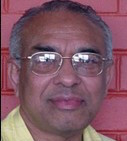Get Out’ is a parody where one is left wondering as to what the director actually intended
- Get Out is a parody of Guess Who’s Coming to Dinner, the first American movie to depict interracial marriage
- In the sixties when Poitier got star role after star role playing protagonists
 2017-09-01
2017-09-01
In Jordan Peele’s intriguing film ‘Get Out’, a White American family lures Black Americans to their house to operate on and then (literally) insert into them the brains of old, disabled White Americans to guarantee immortality for the latter. What gets kicked out, of course, are the brains of the Black Americans (who needs to keep them once they’re no longer of use, anyway?). “Perfect metaphor,” I thought to myself, reflecting on the many instances in history when Black Westerners in general were contorted to become hosts for White Westerners. Incidentally I am not just talking about slavery, outdated or contemporary. I am talking also about liberalism.
Historically speaking “oppressed” and “inferior” races have culturally and scientifically been debased in both scholarship and popular culture
I am no American and not being one doesn’t and won’t give me carte blanche to write at length about American history, the Ku Klux Klan, the Founding Fathers, or Donald Trump. The history of an ideology, in any case, is far more interesting to me than the history of an individual country. Liberalism

was not born in the United States. The simple truth is the other way around: the United States was born out of liberalism. Now that the Civil War has entered the mainstream political discourse in that country again, perhaps it would do to explore how that ideology more, delving into how the intellectual and the artist have perpetuated prejudicial views of the Black Westerner so much that he’s become a target for the liberal left and the right.
The fundamental rationale for dissecting those aforementioned races, whether in Asia, the Middle-East, or Africa, was to conquer them and to exert some semblance of ultimate authority over them
Historically speaking “oppressed” and “inferior” races have culturally and scientifically been debased in both scholarship and popular culture. That is why Edward Said’s Orientalism is as important a “text” as Griffith’s The Birth of a Nation. Said’s monumental book is and continues to be relevant at a time when the West still tends to look at the East through its preconceived notions of the latter,

academically or otherwise. The fundamental rationale for dissecting those aforementioned races, whether in Asia, the Middle-East, or Africa, was to conquer them, to exert some semblance of ultimate authority over them (Oriental studies being just one example, incidentally). Judging the degraded, inferior race on yardsticks created by the White Man was of course a corollary to this: the East didn’t ask for it, but in the absence of a yardstick the White West found itself to be best equipped. The choice was unilateral.
Over time these yardsticks proved to be valid and important for slave traders, slave owners, and imperialists. The minstrel show was an example of this process occurring the other way around: the White West was judging the East (because Africa, from where slaves were forcibly extracted, belongs to the East) on what the former considered to be latter’s own terms: gullible, inchoate, and incoherent. The same could be said of the Empire (British, French, German etc). There was a gap between the colonial bureaucrat and the people he was commissioned (or rather destined) to serve, a gap that proved to be so wide that when the British, French, and German (as well as other empire-beholden countries) marched across their colonies they didn’t look at their subjects, but made those subjects the aim of their scholarship. It was a way of profiling them as inferior without beating the tom-tom about it.
There was a gap between the colonial bureaucrat and the people he was commissioned to serve a gap that proved to be so wide that when the British, French, and German marched across their colonies they didn’t look at their subjects.
Popular culture, inasmuch as I like it and consider it as one of the elements of modernity that keep us human beings sane, I mentioned earlier as being rather ambivalent about certain pressing issues. A friend of mine called Hollywood “Hollow-wood” recently, and to a considerable extent (with some reservations) I agree, particularly when it comes to racial disparities or the inflation thereof in the conflict between the neo-fascist right and the liberal left. How else can you explain why, for instance, in the great decade of desegregation (the sixties), the American liberal filmmaker tried to justify Kennedy’s and Lyndon Johnson’s efforts at doing away with white-against-black prejudice by portraying either a) the White Man as the ultimate saviour of the coloured people, or b) the Black Man as possessing near-perfect idealisations of the White Man? Get Out is a parody (and a thrilling parody at that) of Guess Who’s Coming to Dinner, the first American movie to depict, with a considerable level of sympathy, interracial marriage. Seeing that classic again the other day, however, one is left wondering as to what the director actually intended.
Consider the protagonist of GWCTD: a Negro named Dr John Prentice, played by the great Sidney Poitier. His CV is so wide that I can only offer a summary of it by Roger Ebert: “A noble, rich, intelligent, handsome, ethical medical expert who serves on United Nations committees when he’s not hurrying off to Africa, Asia, Switzerland and all those other places where his genius is required.” The perfect Negro, idealised to match the perfect liberal family (who nevertheless have certain reservations, which are eventually dispelled, about letting their daughter face an entire country seething with rage and wrath: 1967, the year the film was released, was also the year in which interracial marriage was finally legalised). In the sixties when Poitier got star role after star role playing protagonists in predominantly “whitewashed” casts, he was almost always portrayed as the perfect professional like that. “The problem with liberals is that they always idealise the Other. The problem with the racists is that they always demonise the Other. In both cases, the outcome is the same: the Negro becomes the White Man’s Negro,” another friend of mine commented, reflecting on the title of Raoul Peck’s 2016 documentary on James Baldwin, I Am Not Your Negro.
This subtle dichotomy between idealising and demonising a collective is what has coloured the race. Those who celebrate Donald Trump do so because they feel that the minorities, both foreign and local, are eating into their jobs.
This subtle dichotomy between idealising and demonising a collective is what has coloured the race debate, not just in America but in the West in general. Those who celebrate Donald Trump do so because they feel (as I mentioned last week) that the minorities, both foreign and local, are eating into their jobs. Those who oppose him, from the mainstream “liberal left”, idealise the Negro, placing him on an imaginary pedestal and considering him their equal without delving into their hopes, fears, sorrows, and joys. I mentioned To Kill a Mockingbird last week, or rather its sequel/prequel Go Set a Watchman. Well, TKAM has a problem too, one that no less a person than Ebert highlighted: “The black people in this scene are not treated as characters, but as props, and kept entirely in long shot. The close-ups are reserved for the white hero and villain.” Perhaps Get Out, a movie I’ve come to hold in such esteem that I’m sure it’ll be at least nominated for the Best Picture Oscar next year, is a more telling indictment of what the liberal left have done to the hard-done-by Negro: install their brains in his, and make themselves his heroes and ours. They are not.
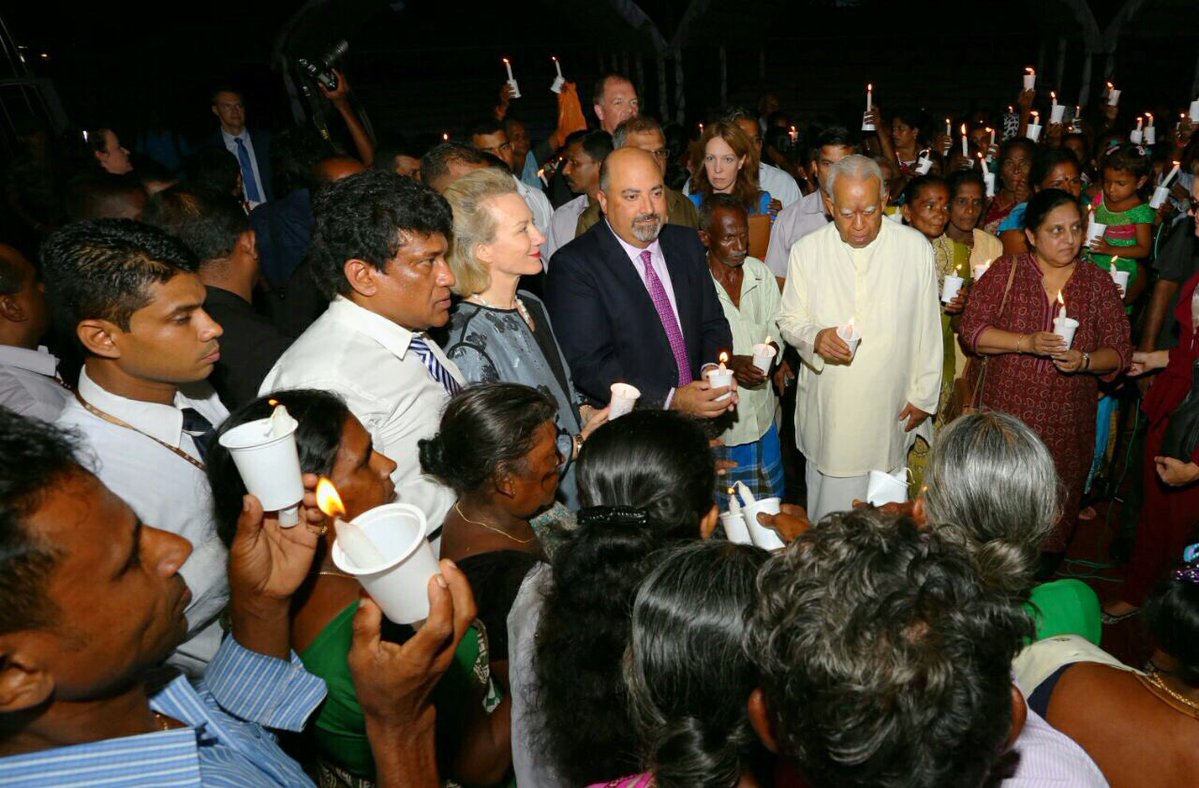
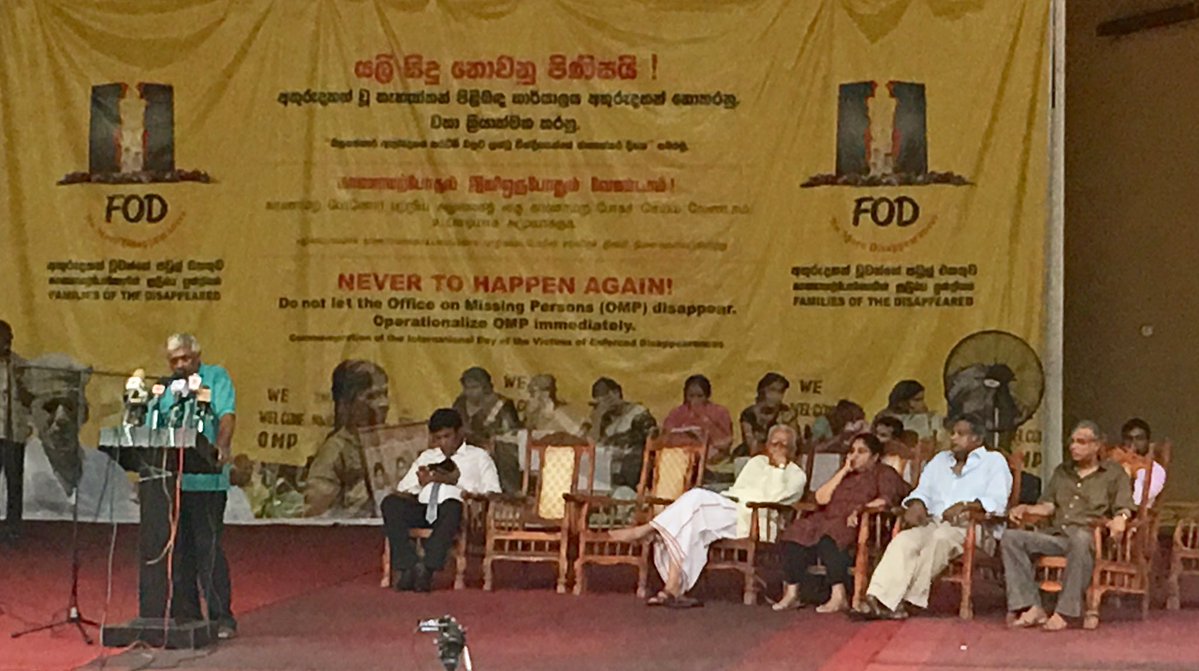

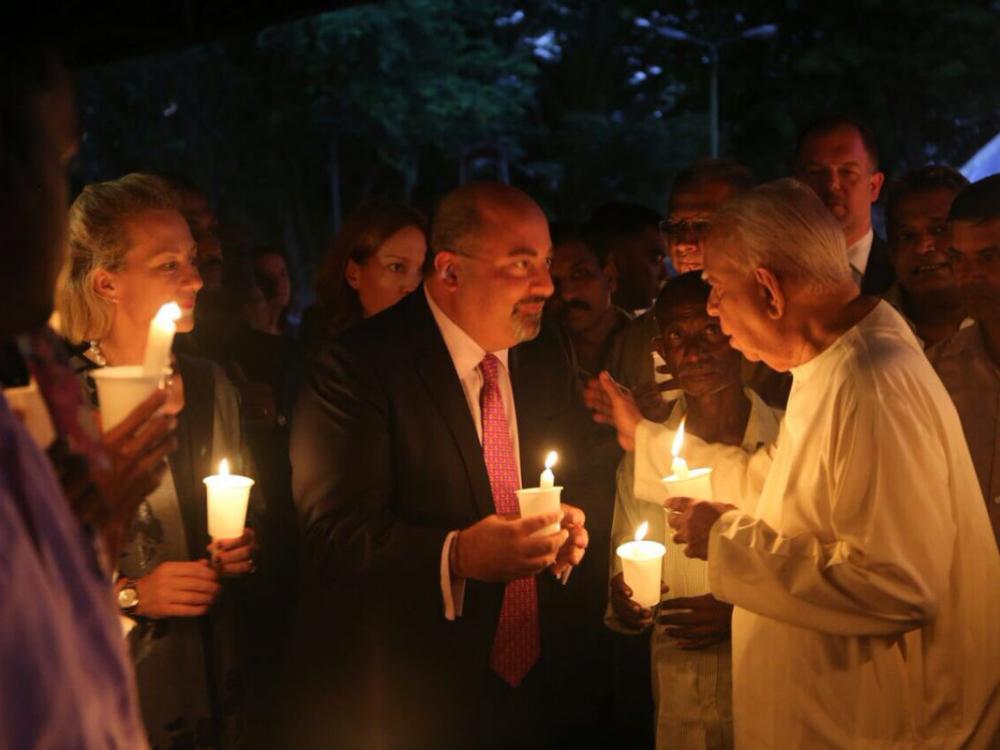
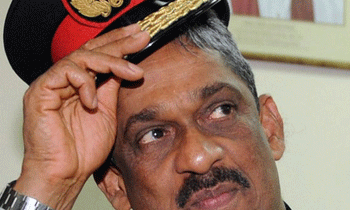










 By
By 




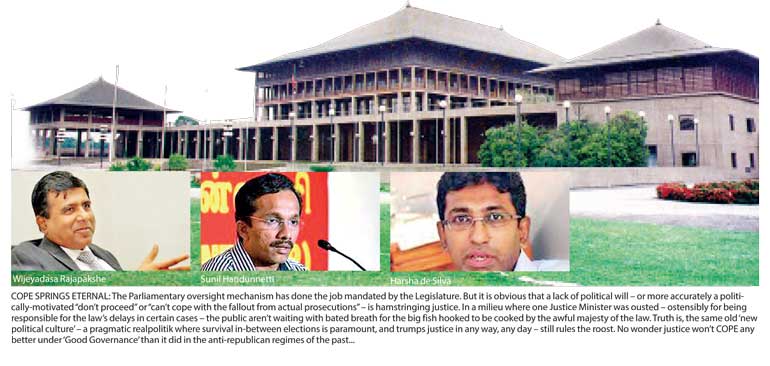


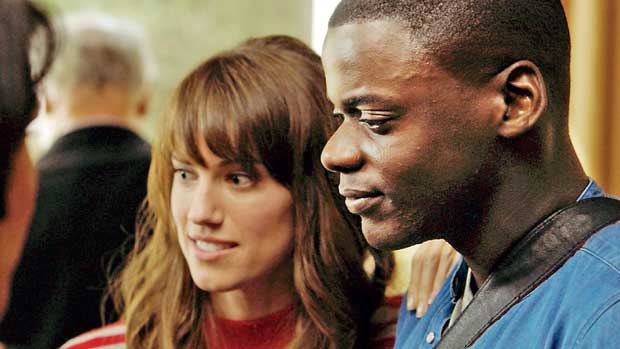

 was not born in the United States. The simple truth is the other way around: the United States was born out of liberalism. Now that the Civil War has entered the mainstream political discourse in that country again, perhaps it would do to explore how that ideology more, delving into how the intellectual and the artist have perpetuated prejudicial views of the Black Westerner so much that he’s become a target for the liberal left and the right.
was not born in the United States. The simple truth is the other way around: the United States was born out of liberalism. Now that the Civil War has entered the mainstream political discourse in that country again, perhaps it would do to explore how that ideology more, delving into how the intellectual and the artist have perpetuated prejudicial views of the Black Westerner so much that he’s become a target for the liberal left and the right.  academically or otherwise. The fundamental rationale for dissecting those aforementioned races, whether in Asia, the Middle-East, or Africa, was to conquer them, to exert some semblance of ultimate authority over them (Oriental studies being just one example, incidentally). Judging the degraded, inferior race on yardsticks created by the White Man was of course a corollary to this: the East didn’t ask for it, but in the absence of a yardstick the White West found itself to be best equipped. The choice was unilateral.
academically or otherwise. The fundamental rationale for dissecting those aforementioned races, whether in Asia, the Middle-East, or Africa, was to conquer them, to exert some semblance of ultimate authority over them (Oriental studies being just one example, incidentally). Judging the degraded, inferior race on yardsticks created by the White Man was of course a corollary to this: the East didn’t ask for it, but in the absence of a yardstick the White West found itself to be best equipped. The choice was unilateral. 
